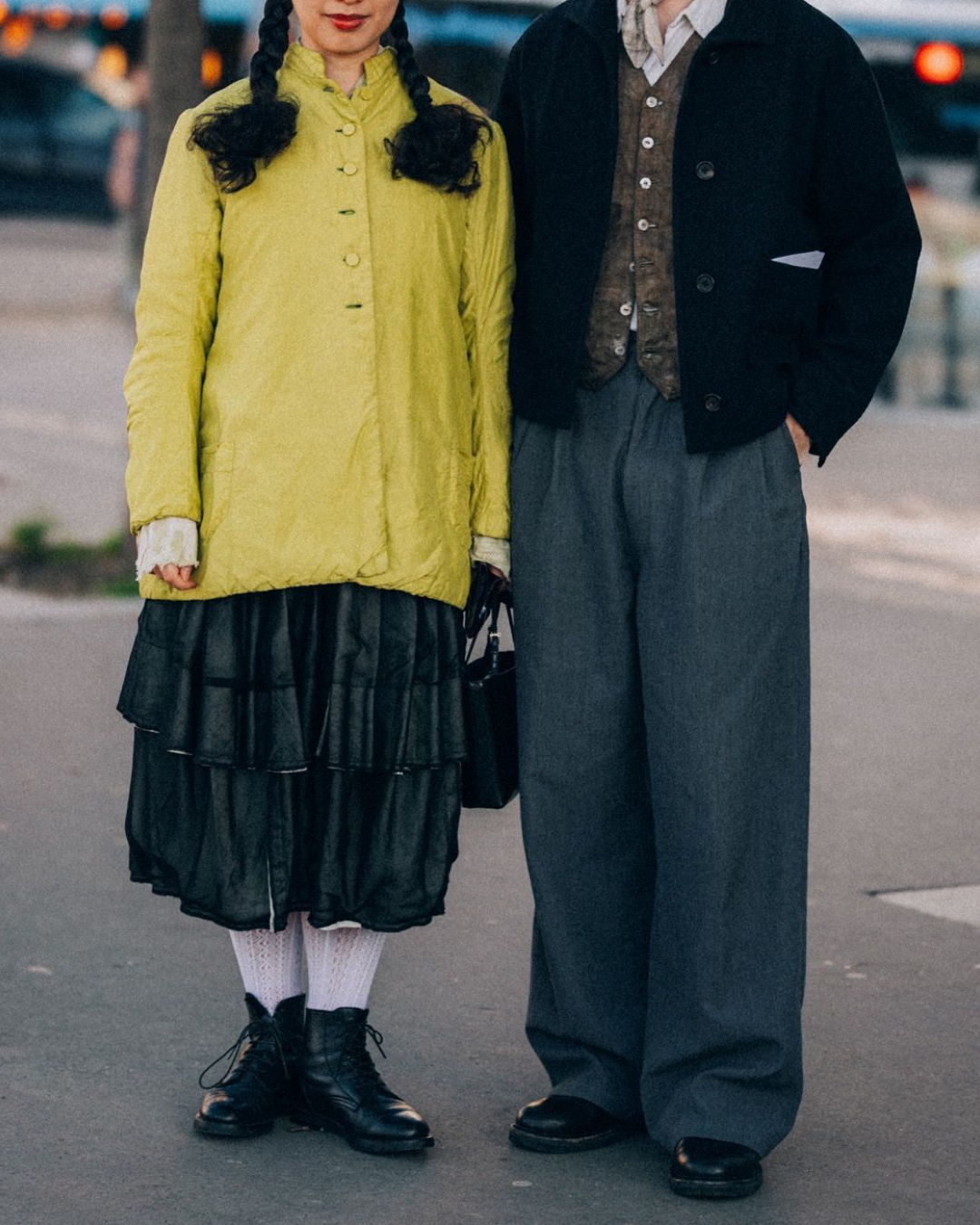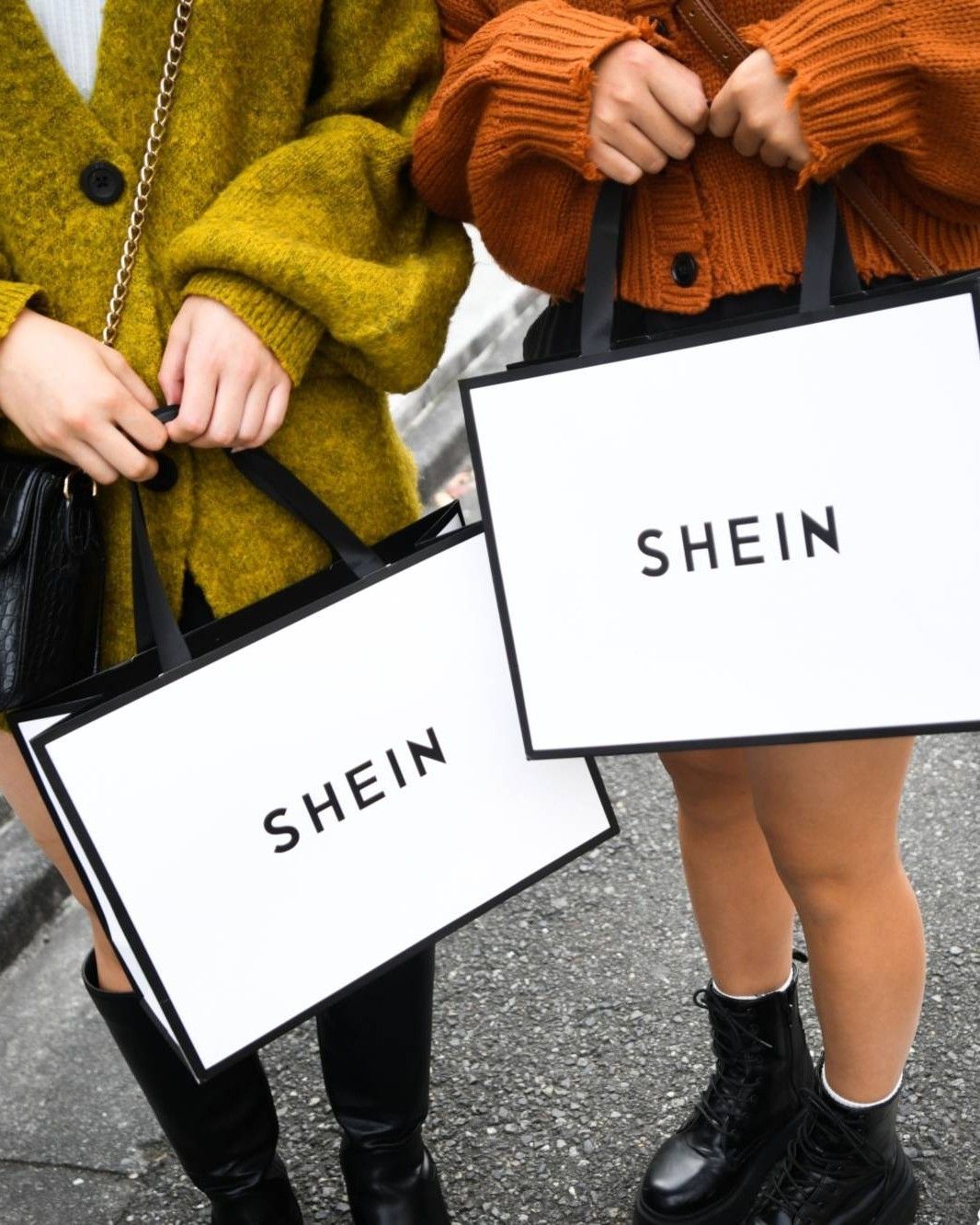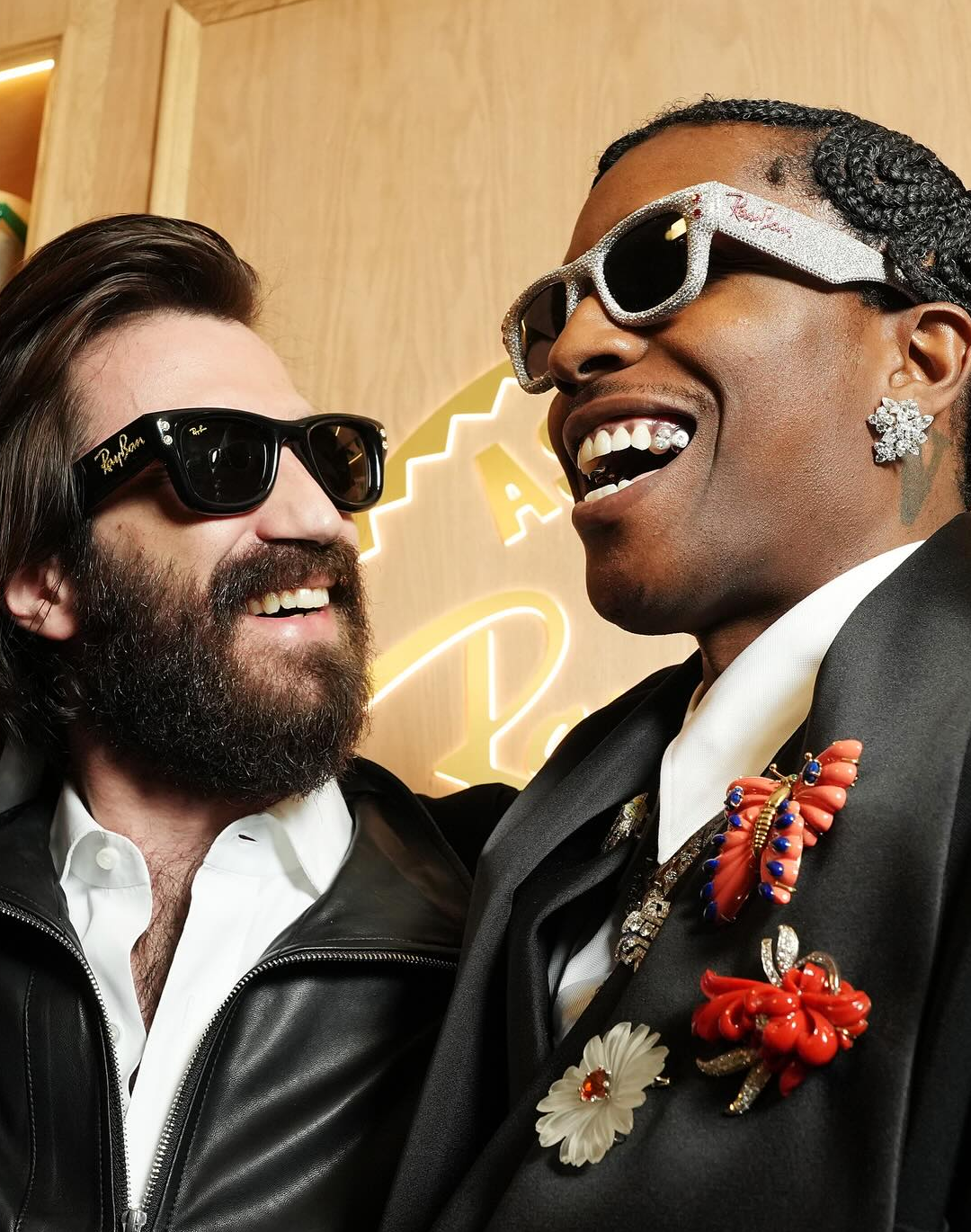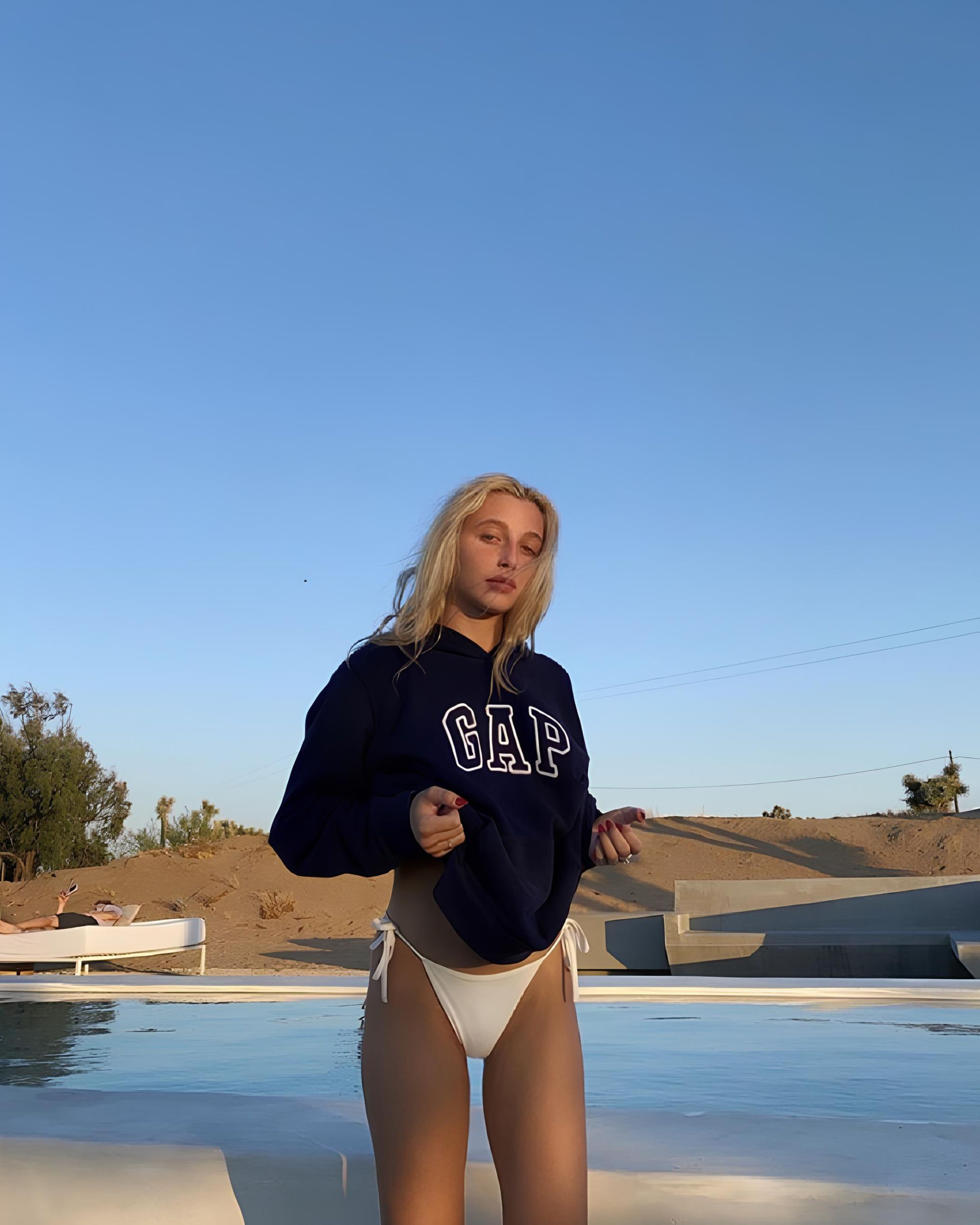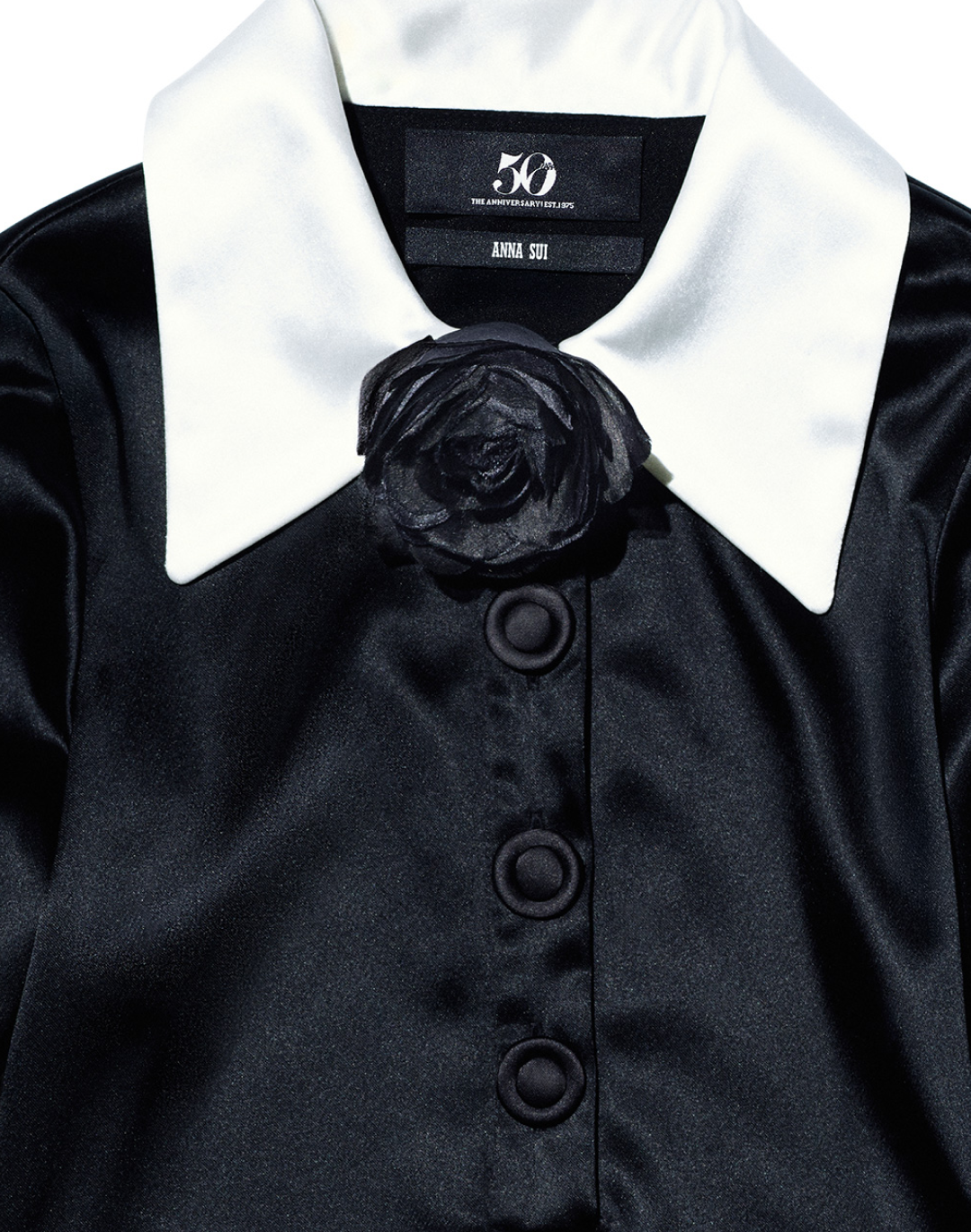
Will Shein be banned from the United States? A letter from a congressman exposes the illegal practices used by the Chinese brand
Shein's climb to record revenue heights could be interrupted by the United States, which has long been at odds with the Chinese company. While this summer a California court tried to investigate Shein under anti-mafia laws, a few weeks ago a member of Congress asked the Department of Homeland Security task force to put the brand's practices under scrutiny. In an open letter, Jennifer Wexton of the Democratic Party calls for a ban on all of the Chinese company's products under the Uyghur Forced Labor Prevention Act, a U.S. law that prohibits the sale of items produced through forced labor. The Virginia congressman reveals, citing past investigations, that 2 percent of the cotton used by Shein comes from the Xinjiang region, an area recognized by the UFLPA as a promoter of forced labor.
In the event that Wexton's letter and the U.S. Department of Homeland Security recognise Shein as promoting the exploitation of the Uighur community, a Turkish and Muslim minority, the state may effectively ban the entry of all Shein items into America, which would cause the fast fashion giant to forfeit more than $10 billion in revenue. The Chinese government denies any kind of repression against ethnic minorities in Xinjiang, while Shein denies allegations of forced labor, having stated that it will completely give up cotton from the Xinjiang region. Wexton's letter was written only a week after Shein communications manager Peter Pernot-Day's interview with BoF in which he presented the Evolushein sustainability project. DHS has not yet responded to Wexton's request, but it is possible that given the latest efforts by the U.S. government to impede the growth of Shein, which in recent months has been trying to get listed on the stock exchange and trying to rewrite its image with press trips for influencers and projects for U.S. schools, the brand will be joining the list of brands banned from the United States, which for now includes as many as 38 Chinese companies.









































